BY AARON MONDRY
The coronavirus pandemic has completely upended society. Even for those who have managed to stay healthy, it has altered our professional, social, economic, and political lives. Will these changes improve our public life? Will they raise social consciousness around issues of equity? Or is all of this temporary?
These were some of the weighty questions posed to and answered by Urban Consulate advisors Chase L. Cantrell and Lauren A. Hood in Detroit about the long-term societal effects of COVID-19. (Questions were submitted by Consulate followers. Read the full list here.)
While both Cantrell and Hood admitted that properly answering these questions could consume a whole symposium, they engaged in a deep and heartfelt conversation for over an hour, broadcast live from their homes in Detroit, that effectively framed some of the major issues we’ll have to address in this new world.
Here were three takeaways:
We shouldn’t want to return to “normal.”
When most people reference the end of the pandemic, they talk about bringing back society exactly as it was before. That’s what we should all want, right?
Not at all, argued Cantrell, founder of Building Community Value.
“The status quo hasn’t served the majority of humanity,” he said. “I’m concerned that there’s been so much conversation about going back to normal. When we talk about reopening the economy, it’s around the idea of normalcy—we want to consume again, get back to restaurants and bars, and go to shopping malls. The nature of the conversation is we need those who are already marginalized, oppressed, cogs in the system, to continue to make that system function.”
And how can we demonstrate that they aren’t just “cogs in the system” but truly essential?
“Pay them right,” Cantrell said. “Give people a livable wage with healthcare. Show them real value.”
But because the urge to return to normal is so great, Cantrell believes that there will be a significant economic rebound once the pandemic is completely over. “I keep thinking about the 1918 Spanish Flu pandemic,” Cantrell said. “After that we got the Roaring 20s. I’m wondering if we’re going to be so starved for interaction that once the danger has actually passed, it’s going to be like that.”
Which could create even greater urgency to enact the changes we want to see.
We must grow our capacity for empathy
Hood hopes that the disproportionate suffering endured by essential workers and people of color will cause everyone else to recognize their shared humanity.
“This moment has given the broader majority of people an opportunity to be more empathetic,” she said. “I feel like we’re all suffering from collective trauma right now. Because we have this shared experience, hopefully we can build from that. There really is an opportunity for people to reflect and become more humane, more empathetic.”
But Cantrell expressed skepticism that this could come about, saying that people are “siloed in their communities by design, and don’t have a way to come to a common understanding.”
Art has an important role to play
How do we communicate the truths that coronavirus has revealed about the value of everyone in our economy? Art can certainly be an avenue.
Hood believes that artists have a freedom of expression that those in the political and philanthropic realms don’t, and can therefore state hard truths. (Earlier in the conversation, Cantrell and Hood also downplayed the value of civility.)
But with the closure of galleries and venues, artists of all stripes are suffering financially as much as anyone. And the rest of us are missing their ability to entertain, move, and heal when we need them the most.
“Arts can lead revolution, but we need to build support communities around the arts because it’s hard to make a living,” Hood said. “We need to reprioritize where the arts live in our lives. Now is the time when we need to recognize how vital they are to our wellbeing.”
NEXT UP
Lauren and Chase return Tuesday, June 2 at 7pm with Consulate host Orlando Bailey for a Deeper Dive into new possibilities and next steps. The conversation will be livestreamed at Facebook.com/UrbanConsulate.
___
Aaron Mondry is a Detroit-based journalist and the editor of Curbed Detroit, who think his hometown since 2009 is the most fascinating city in America. His writing has appeared in the Detroit News, Splinter, Crain's Detroit Business, Bridge Magazine, and more.


